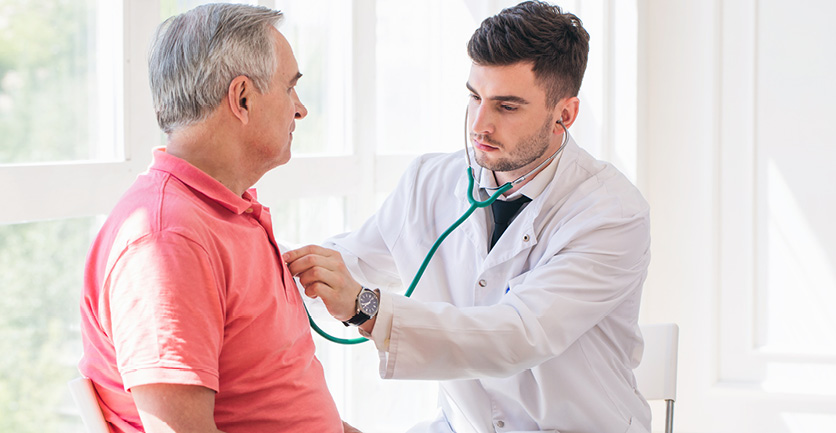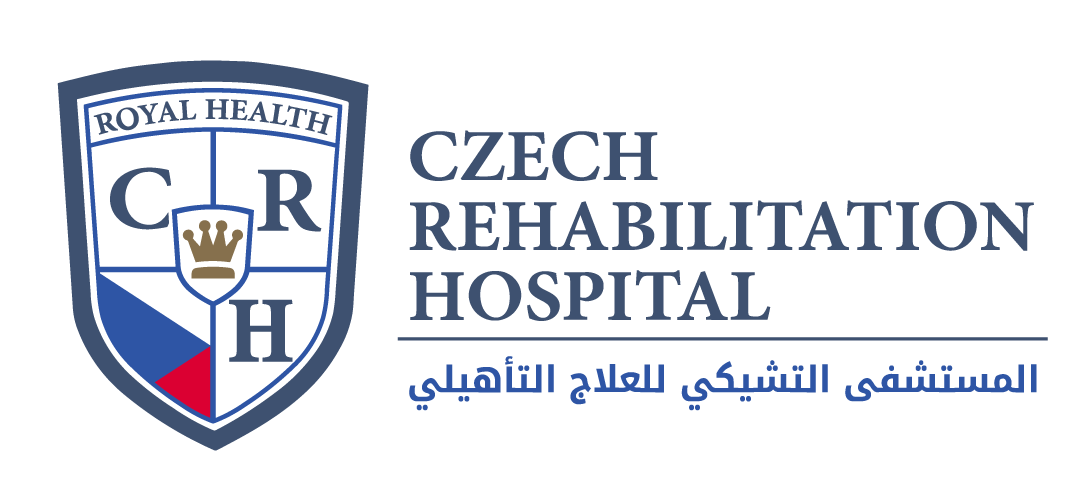
Cardiac rehabilitation program in the hospital is to help people who have cardiac conditions. It is designed to improve heart recovery, improve your ability to function, and prepare you for future daily activities. It is overseen by a healthcare provider. People in this program may have had a heart attack or heart surgery. Cardiac rehabilitation program in the hospital can often help you get better at your daily tasks. It may ease your symptoms and give you a sense of well-being.
Our Patients
You may be benefited from Cardiac rehabilitation program in the hospital if you have certain heart conditions or if you have had certain heart procedures.
These include:
- Stable angina.This is chest pain caused by disease in the arteries of your heart.
- Heart attack (myocardial infarction).A heart attack happens when the heart muscle itself doesn’t get enough blood.
- Heart failure. This means your heart can’t pump blood as well as it should. Your body then does not get enough blood.
- Coronary artery bypass grafting (CABG) surgery. This is surgery to fix the arteries of your heart.
- Heart valve repair or replacement. This is surgery to fix or replace one of your heart valves. The valves keep blood flowing in one direction in your heart.
- Heart or heart-lung transplant. This is surgery to replace a damaged heart or heart and lungs.
- Angioplasty with or without a stent. This is done to fix an artery in your heart. The cardiologist may put a small mesh tube (stent) inside the artery to help keep it open.
- Peripheral artery disease. This means the arteries that send blood to your arms and legs or other organs are narrowed.
The Team Approach
Cardiac rehabilitation program in the hospital may start while you are in the hospital or soon after you are discharged. Many different healthcare providers may help with your Cardiac rehabilitation program.
They include:
- Consultant Specialists. Specialists may include an expert in diagnosing and treating heart disease (cardiologist), a heart surgeon (cardiovascular or cardiothoracic surgeon), and rehabilitation specialist (physiatrist).
- Physical therapist. This is a specialist who is trained to help improve how you move to ease your pain and disability as well as improve your ability to function.
- Cardiac nurses. These are nurses who have special training in caring for people with heart problems.
- Occupational therapist. This is a specialist who is trained to help improve how well you can do your daily tasks.
- Registered dietitian or nutritionist. This is a person with special training in healthy eating and in diets for people with heart and other health conditions.
- Psychologist, psychiatrist, or counsellor. This person helps with mental health problems. He or she can help you cope with daily stress, including long-term health problems.
Other healthcare providers may also be involved. It depends on your needs and your program.
The Cardiac Rehabilitation program
Your Cardiac rehabilitation program in the hospital is designed to meet your needs. It is overseen by a Cardiac doctor and a team of cardiac health providers. Your program may last from 6 weeks to more than a year.
The goal of Cardiac rehabilitation program is to ease your symptoms and make your heart as healthy as possible.
Your Cardiac rehabilitation program in Czech Rehabilitation Hospital may include:
- Exercise program.This makes you more fit, and helps your heart work better.
- Classes to help you change your lifestyle and habits.For example, classes and support to help you quit smoking. Or you may take a nutrition class to learn how to eat better.
- Stress management. You will learn how to manage stress to lower your anxiety.
- This will help you learn about your specific condition and how to live with it.
- Occupational therapy.This is to help you get ready to go back to work or to manage normal activities of daily living.
Expected Outcome
Cardiac rehabilitation is a long-term maintenance program, and you’ll generally need to continue the habits and follow the skills you learned in the program for the rest of your life. After about three months, you likely will have developed your own exercise routine at home or at a local gym. To get the most benefits from cardiac rehabilitation, make sure your exercise and lifestyle practices become lifelong habits. Over the long term, you may:
- Gain strength
- Learn heart-healthy behaviors, such as regular exercise and a heart-healthy diet
- Cut bad habits, such as smoking
- Manage your weight
- Find ways to manage stress
- Learn how to cope with heart disease
- Decrease your risk of coronary artery disease and other heart conditions
One of the most valuable benefits of cardiac rehabilitation is often an improvement in your overall quality of life. If you stick with your cardiac rehab program, you may come out of the program feeling even better than before you had a heart condition or had heart surgery.


